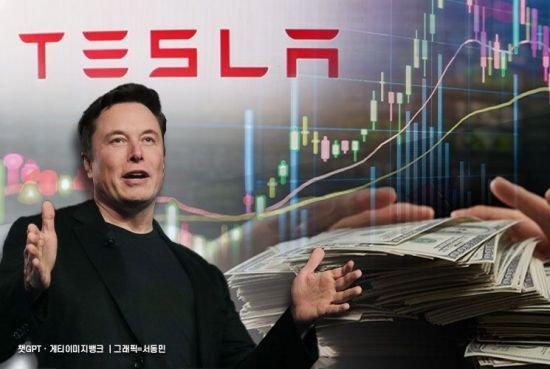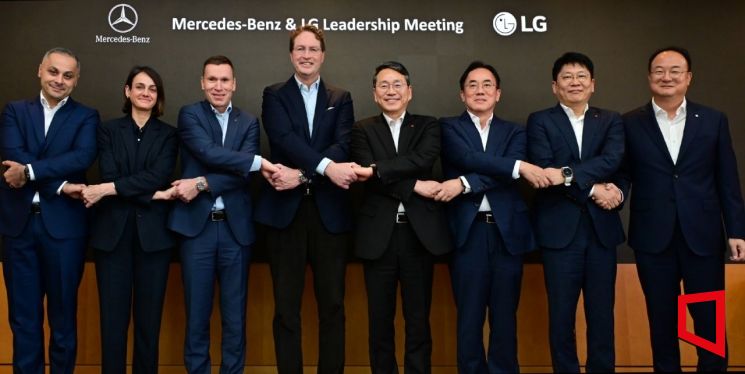Accelerating the Supply Chain Shift Away from China
As global automakers reconsider the use of Chinese-made parts due to ongoing U.S.-China tensions, Korean automotive parts are expected to benefit as a result. Mercedes-Benz has announced plans to establish an “Asia Purchasing Hub” in Korea in January next year and expand collaboration with domestic parts suppliers, signaling its intention to strengthen its local supply chain.
The Wall Street Journal (WSJ) reported on the 14th (local time) that U.S. electric vehicle manufacturer Tesla is making efforts to avoid using Chinese-made parts in electric vehicles produced within the United States. According to the WSJ, Tesla is demanding that its major suppliers for U.S. EV factories completely exclude Chinese-made components.
The decision by Tesla to stop using Chinese-made parts in the U.S. was made earlier this year, and Tesla and its suppliers have already replaced some Chinese-made parts with components produced in other regions, according to the WSJ. Tesla reportedly aims to replace all remaining parts with those produced outside of China within the next one to two years.
In particular, Tesla had sold vehicles equipped with Chinese-made lithium iron phosphate (LFP) batteries in the U.S. until last year. However, the company halted the use of Chinese-made LFP batteries in the U.S. after these vehicles became ineligible for EV tax credits and high tariffs were imposed on Chinese imports, according to the WSJ.
Instead, Tesla is pushing forward with domestic production of LFP batteries in the United States. Last month, Tesla announced that its battery production facility under construction in Nevada is expected to begin operations in the first quarter of next year.
Previously, General Motors (GM) also reportedly instructed its partners to remove Chinese-made parts from their supply chains. GM management has asked partner companies to find alternative sources for raw materials and parts to replace China, and is ultimately aiming to completely separate its entire supply chain from China.
As global automakers increasingly exclude Chinese-made parts from their supply chains, the role of domestic parts suppliers is expected to grow as replacements.
Mercedes-Benz has expressed its intention to strengthen cooperation with Korea through the establishment of the “purchasing hub.” Ola Kallenius, Chairman of Mercedes-Benz, stated at the “Mercedes-Benz Future Strategy Meeting” held at Paradise City in Jung-gu, Incheon on the 14th, “The Asia purchasing hub will serve as a strong foundation for long-term growth and partnership,” adding, “We will establish a purchasing hub in Seoul where the German research & development and purchasing departments can work closely together.”
During his visit to Korea, Chairman Kallenius discussed collaboration with companies such as Samsung and LG, emphasizing the importance of ongoing partnerships with domestic firms. He said, “We had very productive meetings with Samsung and LG,” and continued, “We leverage their technologies across our entire lineup through long-standing partnerships. Yesterday, we discussed what comes next and how we can expand boundaries and make further leaps. Collaboration with Korean companies provides us with a highly valuable innovation ecosystem.”
© The Asia Business Daily(www.asiae.co.kr). All rights reserved.




Leave a Reply